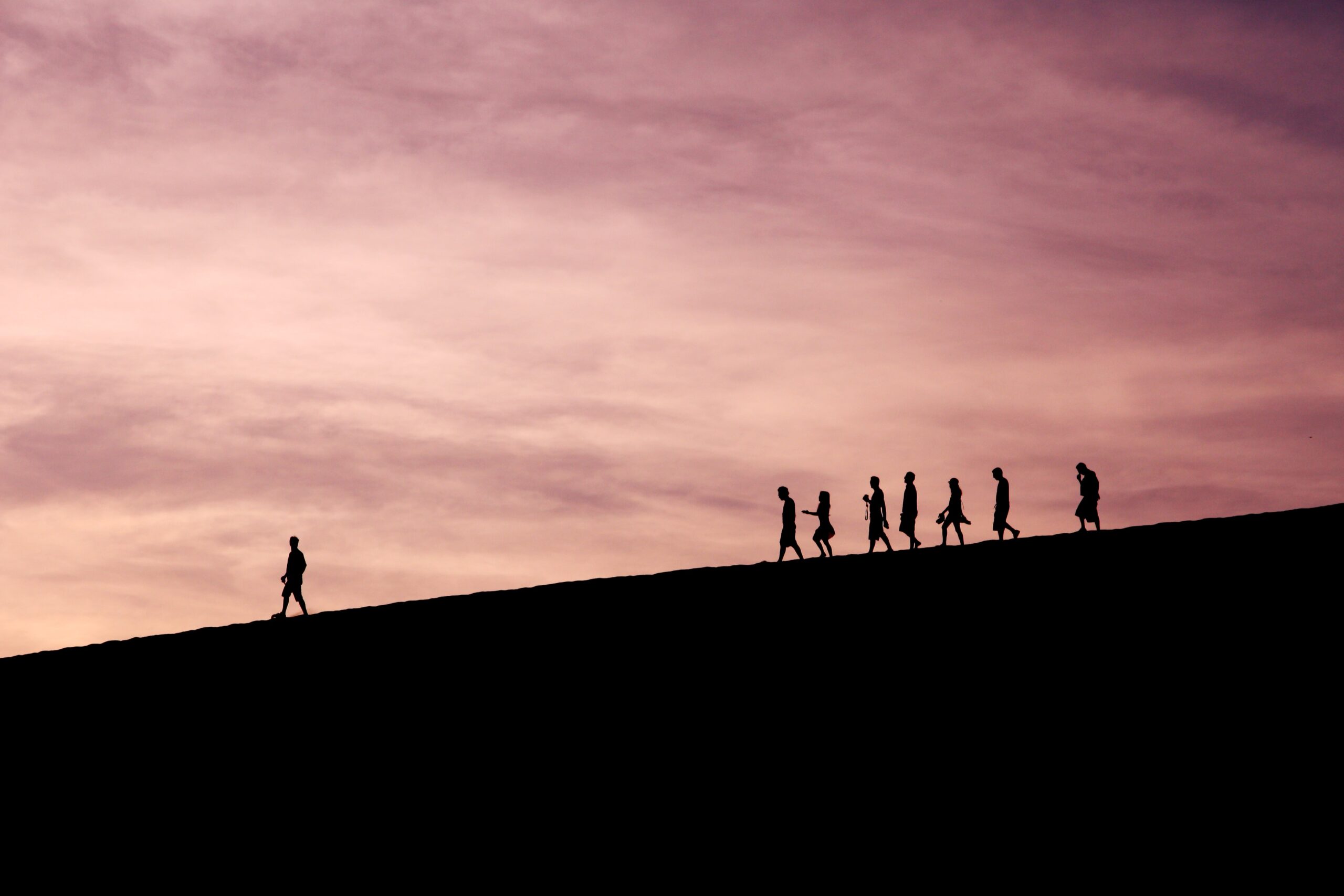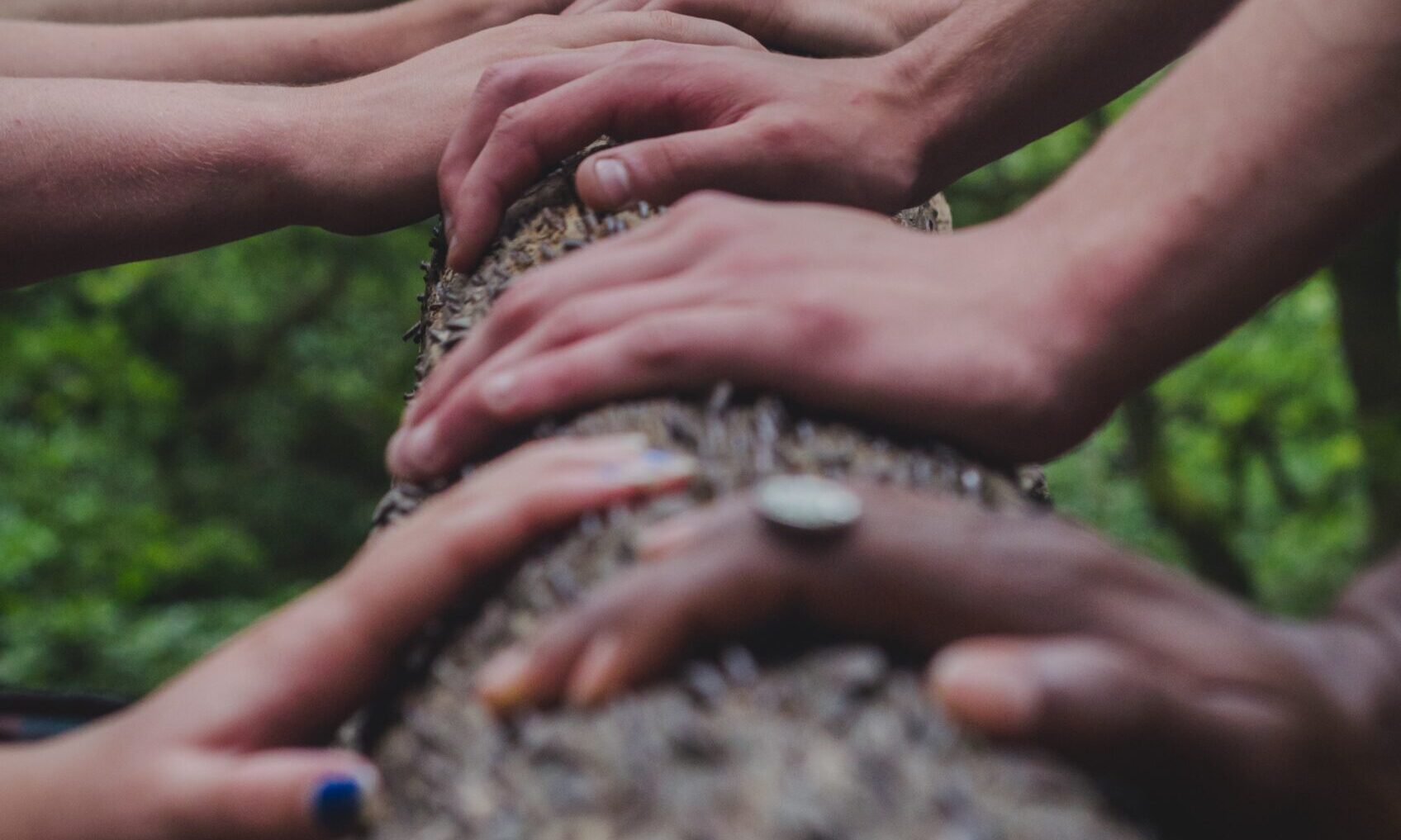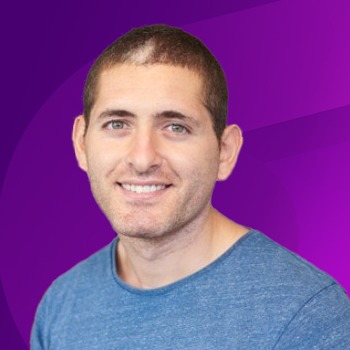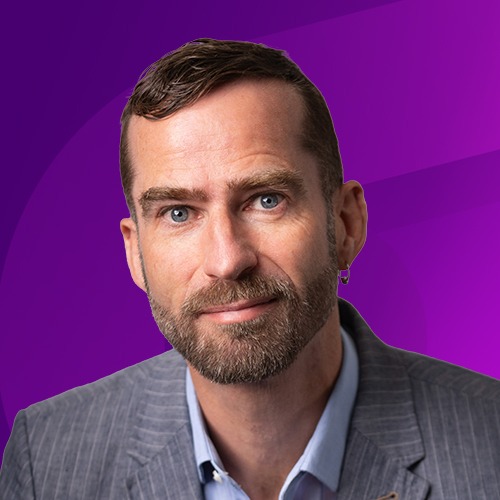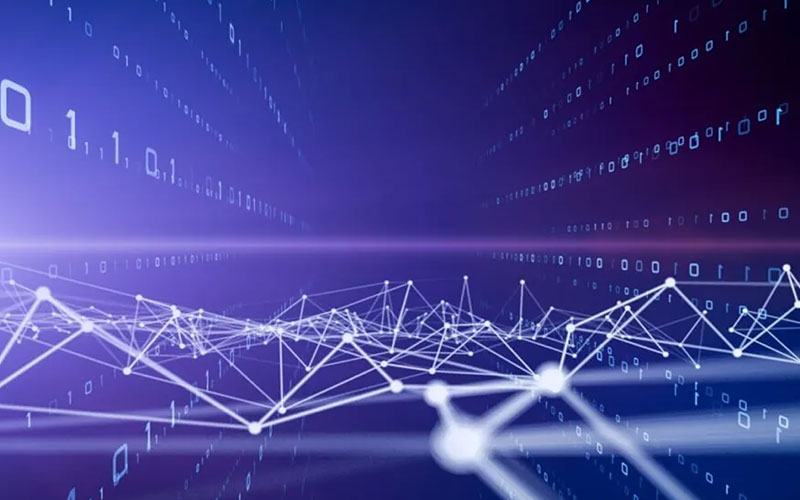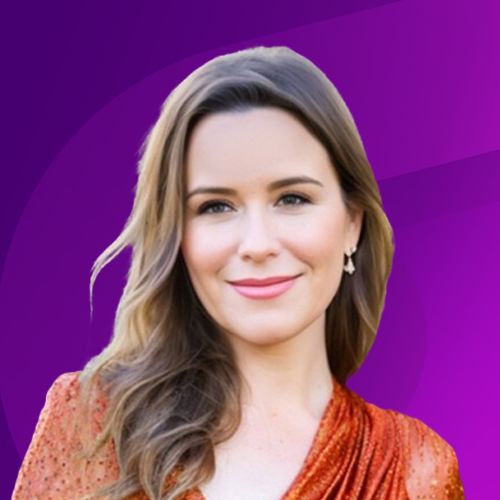Introducing the Gamechangers in Resilience Interview Series

The trials of the last several years have thrown Risk and Resilience into the spotlight. Our Gamechangers in Resilience interview series is about telling the powerful stories of leaders who have learned how to help their companies and communities thrive amidst the unthinkable.
This February, in celebration of Black History Month, we are highlighting the contributions of leaders in our Black community.
Lisa Jones, Cofounder and Managing Partner of The Resilience Think Tank and President of the The Business Continuity Institute (BCI) USA Chapter, is our first guest to the blog.
Lisa is a gifted communicator with over 15 years of experience promoting resiliency. She has led resilience initiatives within Healthcare, Education, and the Manufacturing industry. She regularly shares insight on resilience, planning awareness, recovery strategies, and industry trends.
Q: How did you land in the field of Resilience?
A: I’ve been in this industry for over 15 years and sometimes I don’t know how I got here!
I was previously an Administrative Assistant. I couldn’t even tell you at the time what Business Continuity was, let alone consider the idea of making it my career. In that role, I had some exposure to Business Continuity, and it really captured my interest. I found the same things that I was proficient in as an Administrative Assistant were immediately transferrable in Business Continuity. Getting to know people. Collaborating. Networking. Connecting dots. It’s unbelievable how easy it was for me.
From a journey perspective, if it wasn’t for the community really helping me understand and people mentoring me, I never would have grown as quickly.
They took me through all the certifications and was even introduced to BCI on the same day. In a 3-day period I learned all these things about the industry that I didn’t even know existed. Some things you can’t Google…or lately, ask ChatGPT!
Q: There is a shortage of Resilience professionals. And not a lot of new people entering the profession. What’s the best way to bring in new talent?
A: Our industry is not aligned with a major or study at a college or university. And yet why do we put so many parameters when it comes to bringing new people into our industry?
We have these job descriptions that require experience, but how do you get that experience?
When we started in the industry, those things were not required. So how do we bridge that gap for new leaders?
Technical skills can be taught. It’s the soft skills that are actually more important. Making this shift will naturally bring in more, and more diverse talent.
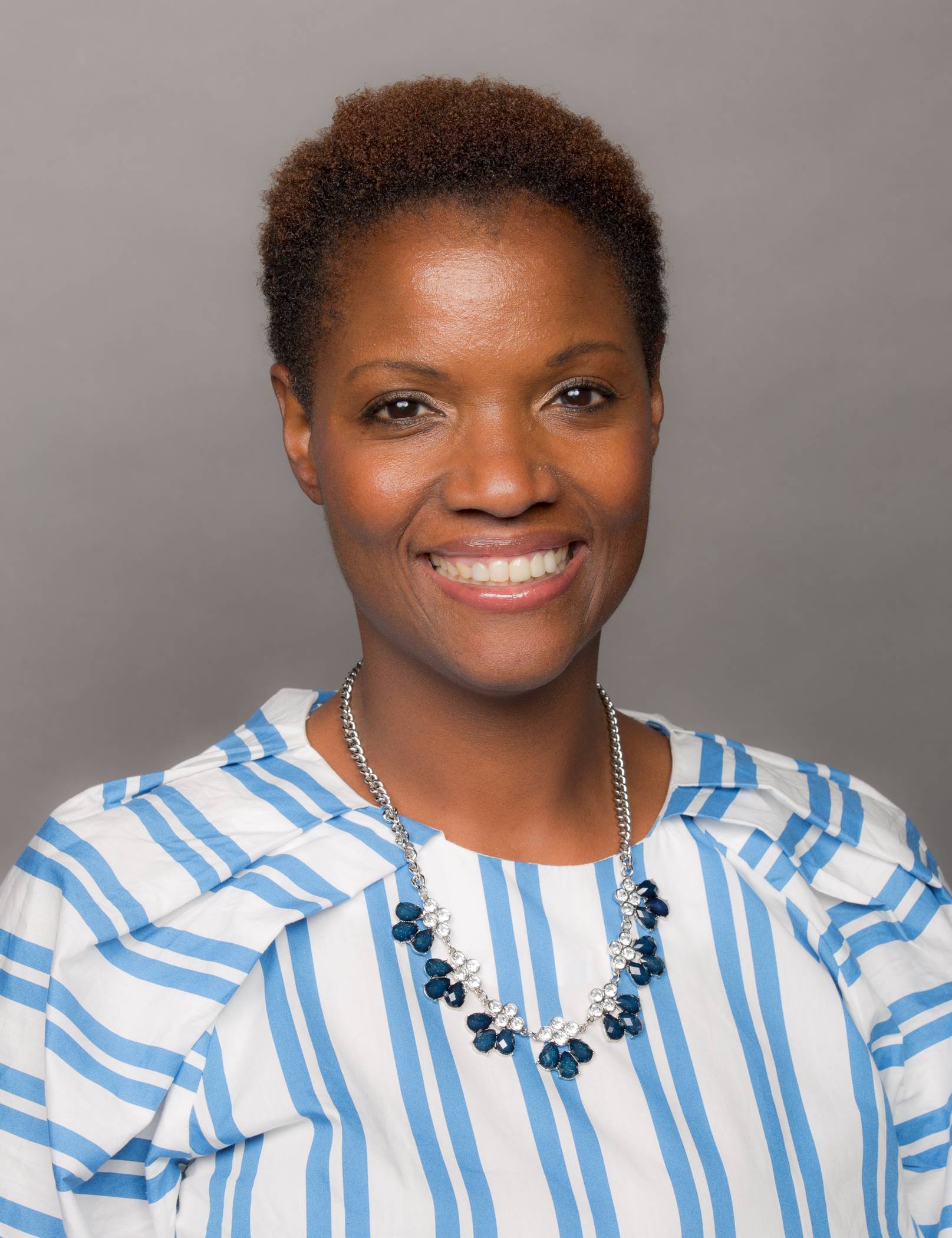
Q: What headwinds have you faced in your career as a Black woman, and how you navigate them?
A: It’s hard to put into words.
I walk into a room the first thing I’m doing is scan the room for how many people look like me.
It’s almost a mechanism for me to ready myself.
For a long time in the industry, I’d walk into a room and men in the industry would think I was a secretary. That has changed over the course of my career, but there are still some shocking residual biases we all carry with us.
Women of color are also impacted in hiring or when making decisions about internal opportunities within organizations. There is a lot of word-of-mouth referral. If you have a male-dominated organization, there can be a natural tendency to bring in more men because they have more common ground and shared perspective. There are specific roles, such as Emergency Management, where this can especially be the case.
From an executive leadership perspective, those roles are not always open to everyone. And sometimes you’ll get that one token female or person of color that is seen as the face for that minority population. It shouldn’t be that way.
As I reflect back, we do have more women involved than ever. I am happy to see that, but it doesn’t help if you have people of all genders and skin tones represented, but you all think the same. How do we also include a diversity of thought?
It requires a conscious decision to be more diverse and inclusive to overcome these natural biases we all have.
Q: How do you think this unconscious bias surfaces in the work that we do in Risk and Resilience?
A: You need to consider the experiences of everyone, not just the majority, when preparing or responding to crisis.
For example, at one point in my career, I worked in a Member Services team. Some of these individuals were among the lowest paid in the organization. Most of them took public transportation. If their office was closed due to an emergency, they would have to go work at an alternate space.
Sometimes they’d have no way to get there.
Q: How have the events of the last 3 years shaped you as a leader?
A: It’s not enough to have a plan. You have to make sure you test it. All of those Business Impact Analyses, impacts, and strategies that we put in place, we couldn’t use them.
We had no idea how many people or organizations were going to depend on work from home. How many of us thought that would never happen? Even now as I said it, it’s hard to believe!
So it’s not just about asking the question. It’s about truly testing assumptions. It makes you realistic about what the recovery is. And it makes your plan better.
Q: What is the leadership playbook you are writing for yourself in real-time?
A: One thing that stood out to me over the last few years is, I can’t do this on my own. Sometimes we get into that mindset that we own the program and we have to do these things and not realizing how important it is to rely on others.
It’s about knowing the right people and having the right conversations. Really being collaborative. Being open to other thought processes and other ways of seeing things. My business partners know their business so much better than I do. But how can I work with them to make sure we have our bases covered if disaster strikes?
The world has become so complex that it’s impossible to know everything. In our industry, it’s about how can I take what other people know and combine it with what I know to move the world forward.
Q: What advice would you give to someone new to Resilience?
A: Assumptions have always been the downfall of planning.
So many organizations think that things could never happen because they have never happened before.
I think we’ve all seen over the last few years that even the smallest things can wreak great havoc. A bathroom water leak in a major data center could have disastrous consequences.
Test your assumptions. Involve your people. Don’t take anything for granted.

